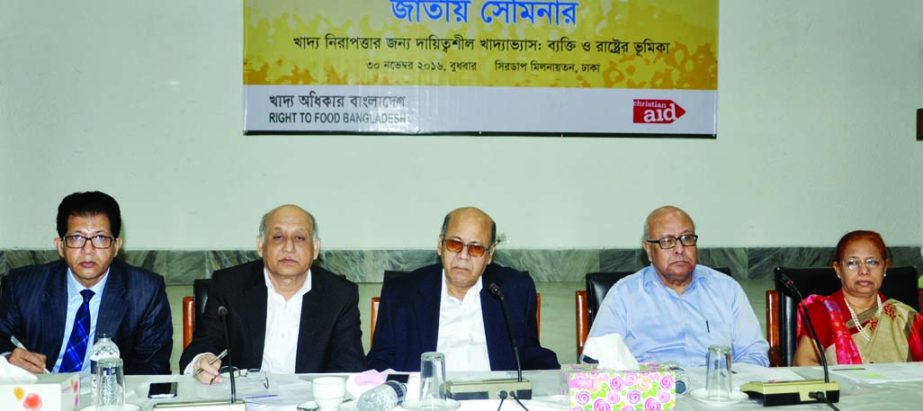
The United States Agency for International Development (USAID) in partnership with the Ministry of Disaster
Management and Relief on Wednesday inaugurated ‘Nobo Jatra’, its new five-year Food for Peace project in Khulna.
Implemented by World Vision Bangladesh in collaboration with the World Food Programme and Winrock International, the USAID Nobo Jatra project will help improve food security and nutrition, empower women, and build resilience in some of the poorest areas in four upazilas in Khulna and Satkhira districts.
People living in coastal areas of southwest Bangladesh often face difficulty in accessing healthcare, education, and other services. Other factors like extreme poverty, lack of dietary diversity, drinking water scarcity and environmental degradation put added pressure on communities.
The five-year (2015-2020), $74 million USAID Nobo Jatra project will bring government together with international and local NGOs to work in partnership with individuals, communities and traditional institutions to help poor families access food, safe water and healthcare facilities, create income generation opportunities to improve their living conditions and ultimately lift themselves out of poverty.
At a special launch event in Khulna US Ambassador to Bangladesh Marcia Bernicat said since Bangladesh’s independence in 1971, the United States has had an ongoing commitment and focus on food security and assistance.
“Today, I’m very pleased to announce the launch of the new, five-year $74 million Nobo Jatra programme, which will address food insecurity among the poorest and most vulnerable people in the southwest coastal areas of Bangladesh,” she said.
USAID Bangladesh Mission Director Janina Jaruzelski said: “Individuals, families and communities are healthier, stronger and more resilient in the regions where USAID Food for Peace operates and we hope to bring these benefits to the Khulna and Satkhira communities where Nobo Jatra will work.”
The US government, through USAID, has provided over $6 billion in development assistance to Bangladesh since 1971. In 2015, USAID provided nearly $200 million to improve the lives of people in Bangladesh through programmes that expand food security and economic opportunity, improve health and education, promote democratic institutions and practices, protect the environment, and increase resiliency to climate change.

